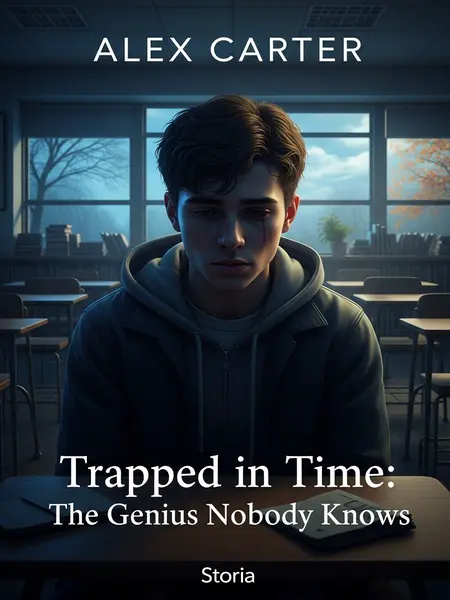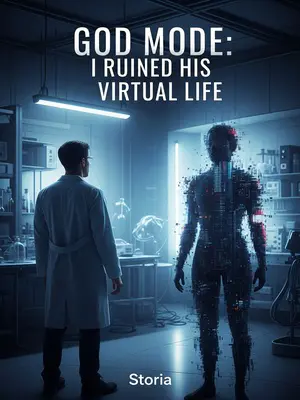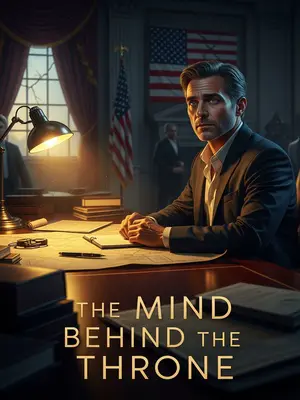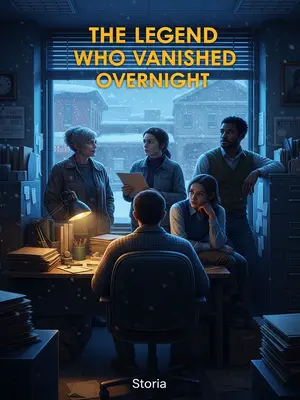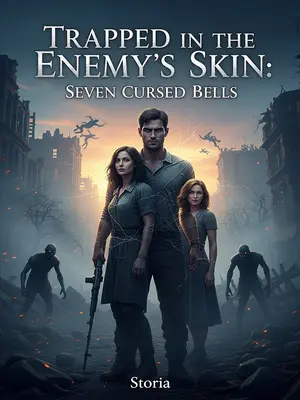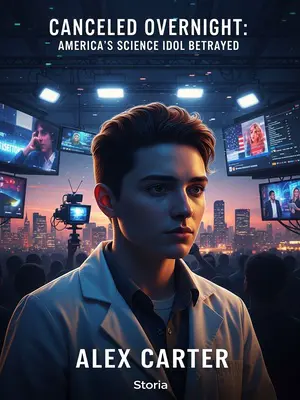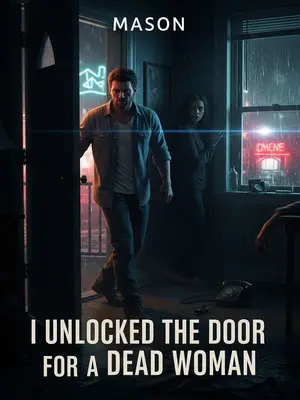Chapter 2: The Price of Perfection
A lot of people have probably daydreamed about this at school:
It’s the classic wish—bomb a test, then hit rewind, get a second shot, and ace it with all the right answers. Imagine your teacher’s face when you suddenly pull off a miracle, or your parents’ shock at the dinner table. Everyone wants a cheat code.
After finishing a test, you imagine traveling back, fixing your mistakes, and strutting in with a perfect score.
Maybe you’d use it to fix something dumb, or just to look like a genius for once. The idea feels like magic.
But you’d be wrong. Only I know it’s a nightmare—a gilded cage that’ll drive you out of your mind.
From the outside, it sounds like a dream. From the inside, it’s more like being trapped in a windowless room, breathing the same stale air, slowly suffocating.
Since eighth grade, I’ve had a conceptual-level superpower: the time loop.
It’s not flashy—no glowing portals or ticking clocks. Just a sudden, total reset every time I hit the loop’s trigger.
I still remember the first time. Just a regular monthly test. The teacher at the front, calling out scores: "Alex Carter, 73, 226th in the class." The next instant—bam—I’m back a week before the test.
I can still hear the echo of my name and the burn of shame. Then, like a movie jump cut, the world flickered, and I was back in my seat, the whiteboard showing a date I knew was last week. My body felt the same, but everything else had rewound.
It was like a spell: as soon as the score was read, I’d be zapped back in time.
Nothing else changed. My backpack still reeked of cafeteria pizza, my hands stained blue from cheap pens. Only time snapped back, taut as a rubber band.
At first, I was shocked and weirdly thrilled. I kept double-checking the date with my desk neighbor, Sarah Evans, grilling her about the weather, the schedule, anything I could verify. Three days in, I stopped waiting for Ashton Kutcher to jump out. No, it was real. I’d found the ultimate do-over.
It felt like winning the Powerball. My mind buzzed with all the ways to use it.
I pulled out the test, wrote down every missed question, and crammed the answers for the next week.
Every error, every correction, went in my notebook. My notes were a Frankenstein’s monster of answers, reminders taped to my mirror, sticky notes in my sneakers.
Then, full of confidence, I marched into the test room.
This time, my hands didn’t even tremble. I filled in those scantron bubbles like I belonged in the top row.
As expected, my results wiped away the shame—"Alex Carter, 93, 25th in the class."
Mr. Thompson’s eyebrows shot up. I sat up straighter, a warm flush of pride rising in my chest.
But the next second, as soon as the scores were read, my vision went black again.
No warning—just static and a cold pit in my stomach.
When I opened my eyes, I was back a week before the test.
The classroom air felt thick, the clock overhead frozen in place. Déjà vu, but with a cruel edge.
Compared to the first time, this just felt confusing.
Wasn’t that good enough? Did I miss a step? Was the universe grading on a cosmic curve?
Why hasn’t the loop ended? Was my score not high enough?
I started to panic. What if it was impossible?
So I pushed myself—harder, harder. I memorized every solution, every answer, until the entire test lived in my head.
Notebooks piled up, sticky notes everywhere. My parents chalked it up to senior-year stress.
"Alex Carter, 98, top five in the class."
Mr. Thompson sounded almost proud. I held my breath—surely, this was it.
But again, the loop yanked me back.
A hollow punch to the gut. It was relentless.
The terror of looping spread, haunting every quiet moment—lunch, brushing my teeth, late at night. The fear that I’d never escape.
I tried to get help—parents, teachers, even my closest friends. But no one believed me. Mom called it senioritis. Dad suggested therapy. Friends just shrugged and said I needed more sleep.
I even tried proving it with future knowledge. One time, I wrote down the winning Powerball numbers and handed them to Ms. Rivera before homeroom. She shot me a look like I’d just handed her a ransom note. When the numbers started matching, she went pale and clutched her coffee cup like a lifeline.
The school called the principal, who got the county office involved. A week later, I was driven to Chicago in a government car, staring out at the Lake Michigan skyline from a bland hotel window.
I’d watch the city lights flicker, the lake stretching gray and endless, the skyline half-lost in fog. Secret agents in cheap suits trailed me everywhere, like I was in a bad TV cop show.
A dozen researchers poked and prodded, running endless scans and tests—MRIs, EEGs, Rorschach blots. All I got was more wires and more questions.
From then on, my life was a fixed routine: eat instant packets of oatmeal—always a little watery, served with a side of rubbery scrambled eggs—get studied, sleep. Surrounded by machines, watched by scientists who seemed more curious than concerned, I repeated the loop again and again.
I counted the ceiling tiles, listened to the hum of fluorescent lights, choked down breakfast that tasted like cardboard. The days blurred until I stopped caring if I ever saw the sun.
They thought they could crack the code. But they never understood what I was really up against.
No matter what they tried, the loop always snapped me back. Frustration built. I realized—if even the government couldn’t help me, I was truly on my own.
When the loop finally yanked me out of the lab and back to my middle school classroom, I felt utterly hopeless.
I slumped at my desk, numb. The chalkboard mocked me. Nothing had changed—except me. I felt ancient, worn thin, a ghost haunting my own life.
This wasn’t a problem science could solve. No one could help—not even death.
I was in despair.
No matter what I tried—pleading, bargaining, or just checking out—I always wound up back here, trapped.
